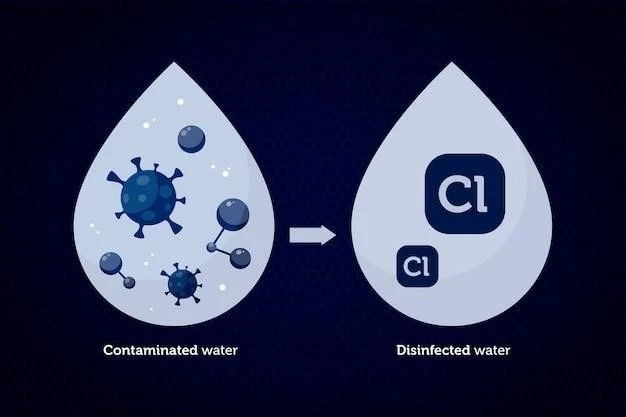Common symptoms include vomiting, lethargy, low blood sugar, and seizures.
Overview of Symptoms
Early signs may include poor feeding, irritability, and developmental delay.
Severe cases can present with metabolic crisis, respiratory distress, and coma.
Individuals may also experience muscle weakness, failure to thrive, and metabolic acidosis.
Diagnosis involves blood and urine tests, genetic testing, and enzyme activity assays.
Diagnostic Tests
Diagnostic tests for 3-Methyl Crotonyl-CoA Carboxylase Deficiency include blood and urine organic acid analysis, molecular genetic testing, and enzyme activity assays. These tests help confirm the diagnosis and determine the severity of the condition.
Treatment may involve a low-protein diet, carnitine supplementation, and close monitoring.
Medical Interventions
The treatment for 3-Methyl Crotonyl-CoA Carboxylase Deficiency often includes dietary modifications, such as a low-protein diet, along with supplements like carnitine to help manage the condition. Regular monitoring by healthcare professionals is crucial to ensure the effectiveness of the treatment plan.
3-Methyl Crotonyl-CoA Carboxylase Deficiency is caused by mutations in the MCCC1 or MCCC2 genes.
Genetic Mutations
3-Methyl Crotonyl-CoA Carboxylase Deficiency is primarily caused by mutations in the MCCC1 or MCCC2 genes٫ which play a key role in the breakdown of proteins. These genetic mutations disrupt proper enzyme function٫ leading to the characteristic symptoms of the condition. Understanding the specific genetic mutations involved is crucial for accurate diagnosis and developing targeted treatment strategies.
Managing 3-Methyl Crotonyl-CoA Carboxylase Deficiency involves a low-protein diet to reduce the buildup of toxic metabolites. Carnitine and specific vitamin supplements may also be recommended.
Dietary Guidelines
Patients with 3-Methyl Crotonyl-CoA Carboxylase Deficiency should adhere to a low-protein diet to minimize the production of harmful byproducts. Additionally, supplements like carnitine and specific vitamins may be advised to support overall health and manage the condition effectively. Monitoring dietary intake closely and working with a healthcare team are essential for maintaining optimal nutritional balance.
Long-term complications of 3-Methyl Crotonyl-CoA Carboxylase Deficiency may include developmental delays٫ intellectual disability٫ and metabolic instability.
Potential Complications
Individuals with 3-Methyl Crotonyl-CoA Carboxylase Deficiency may face long-term challenges such as neurological issues, growth delays, and recurrent metabolic crises. Ongoing medical supervision is essential to prevent and manage these complications effectively and ensure the best possible quality of life for those affected by the condition.

Ongoing research is focused on understanding the pathophysiology and developing novel therapies for 3-Methyl Crotonyl-CoA Carboxylase Deficiency.
Current Studies
Researchers are exploring potential gene therapies, enzyme replacement approaches, and personalized medicine strategies to improve the management of 3-Methyl Crotonyl-CoA Carboxylase Deficiency. Clinical trials and genetic studies aim to enhance our understanding of the disorder and pave the way for innovative treatment options that can address the underlying genetic defects more effectively.
Support networks and advocacy groups offer valuable resources and community for those affected by 3-Methyl Crotonyl-CoA Carboxylase Deficiency.
Support Networks
Online forums, informational websites, and patient associations provide a platform for sharing experiences and accessing guidance on managing 3-Methyl Crotonyl-CoA Carboxylase Deficiency. These resources offer emotional support, practical advice, and connections with individuals facing similar challenges, fostering a sense of community and solidarity among those impacted by the condition.
